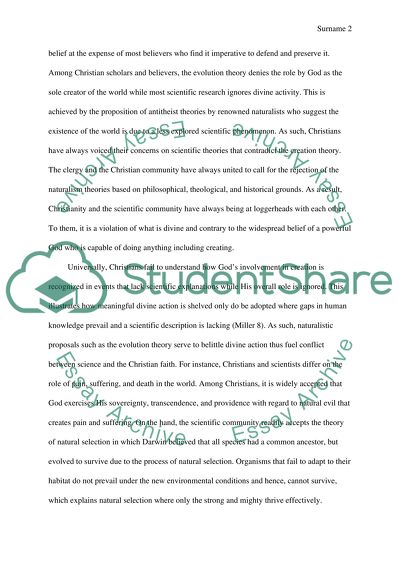Cite this document
(“Buddhist and christian view on evolution Research Paper”, n.d.)
Retrieved from https://studentshare.org/religion-and-theology/1496664-buddhist-and-christian-view-on-evolution
Retrieved from https://studentshare.org/religion-and-theology/1496664-buddhist-and-christian-view-on-evolution
(Buddhist and Christian View on Evolution Research Paper)
https://studentshare.org/religion-and-theology/1496664-buddhist-and-christian-view-on-evolution.
https://studentshare.org/religion-and-theology/1496664-buddhist-and-christian-view-on-evolution.
“Buddhist and Christian View on Evolution Research Paper”, n.d. https://studentshare.org/religion-and-theology/1496664-buddhist-and-christian-view-on-evolution.


